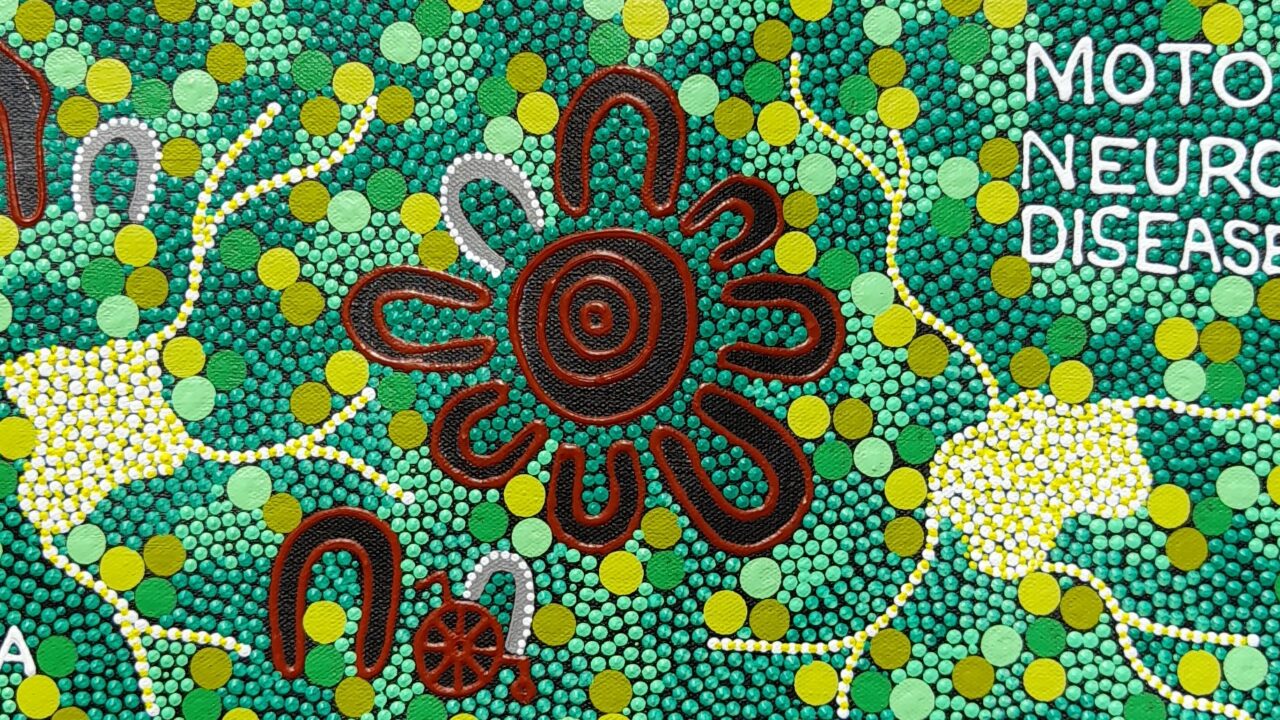Understanding MND
I have no idea how my family and I would have coped when I was diagnosed with the devastating news of having this disease without MND SA. The staff are now a vital part of our family and are always there for us no matter what.
Greg D
Early signs of MND might include mild weakness, clumsiness, tripping over or slurred speech, but each individual experiences MND in a unique way. This means MND is difficult to diagnose and there are no definitive tests. It is usually identified by ruling out other conditions. Seeing how symptoms progress also helps, but it can take time before a diagnosis is confirmed.
Currently there is no cure, and MND is life-shortening. However, specialist support to manage symptoms, and an assessment of social care needs can help people find services and support and prolong independence. This can help to achieve the best possible quality of life at each stage of the illness.
With MND, symptoms get worse over time; gripping, walking, speaking, and swallowing can become increasingly difficult. Breathing can also be affected. Although the illness cannot be reversed, support can help ease symptoms. Some people with MND also experience changes to thinking and behaviour. Usually this is mild and does not affect day to day life. In a small number of cases this can be more severe, and additional support may be needed. Now it is not clear what causes motor neurones to stop working properly, but understanding of MND is constantly advancing. A small number of cases are linked to a family history, but there is more that we need to know. Research is ongoing.
MNDSA is devoted to improving care, research, and campaigning across Australia. Our aim is to help people with MND, their carers and families receive the best possible support.









